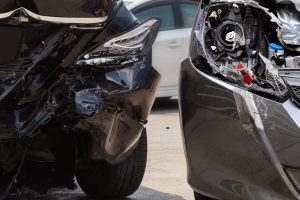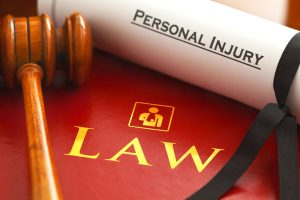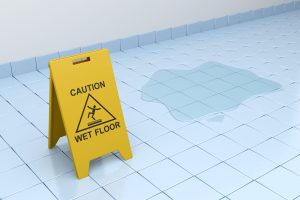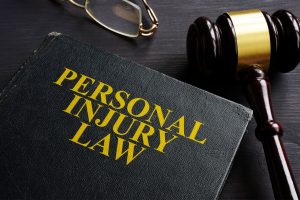Every year, about 50 million Americans visit hospital emergency rooms and doctor’s offices to treat unintentional injuries. About 6% of all adults in the U.S. suffer an activity-limiting injury every 3 months. So it’s more common than many people realize for one who has already been injured to endure another that exacerbates the first.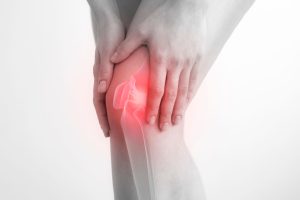
Such prior injuries can complicate matters if you decide to pursue legal action for those injuries – but it does not eliminate your chances, particularly if you’re working with skilled West Palm Beach personal injury lawyers.
When Prior Injuries Pose Problems in Personal Injury Cases
Sometimes prior injuries and ailments have no bearing on a prospective personal injury case. For example, if the prior injury was a shoulder rotator cuff issue from repetitive motion at work but the new injury mostly impacted your knee, leg, and foot, it may not be an issue at all. It could be mentioned, but likely will have little bearing on the outcome of your case.
However, if the new injury is in the same area as the old one, your West Palm Beach personal injury lawyers will be asking the extent to which the new injury made the old one worse. Continue reading
 South Florida Injury Lawyer Blog
South Florida Injury Lawyer Blog


